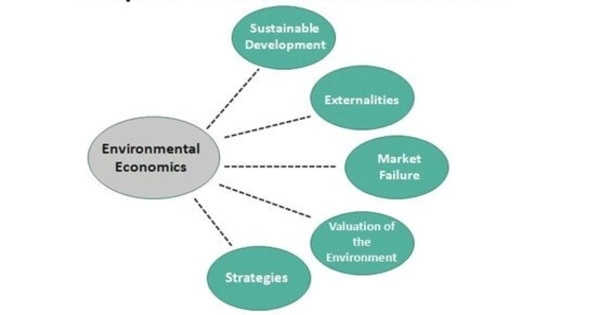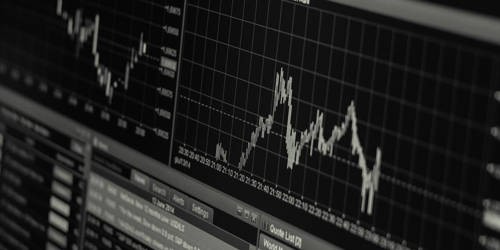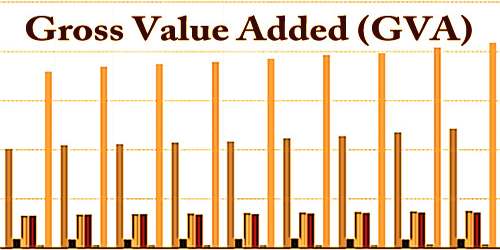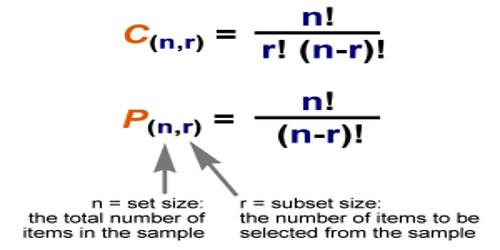Environmental economics is a subfield of economics concerned with the study of the interaction between the economy and the natural environment, including the impacts of human activities on the environment, and the costs and benefits of environmental policies. It seeks to understand and inform decisions regarding the use of natural resources, and the effects of economic activities on the environment, and to provide tools for evaluating the costs and benefits of alternative policies.
It aims to understand how human economic activity affects the environment and how environmental degradation affects economic performance. Key concepts include externalities, environmental goods and services, and the use of market-based instruments to incentivize environmentally friendly behavior. It is an economic subfield concerned with environmental issues. Because of growing environmental concerns in the twenty-first century, it has become a widely studied subject.
Environmental economics “conducts theoretical or empirical studies of the economic effects of national or local environmental policies around the world… Specific issues include the costs and benefits of alternative environmental policies to address air pollution, water quality, toxic substances, solid waste, and global warming.”
It examines the costs and benefits of different policies and practices related to environmental protection, natural resource management, and sustainable development. Key concepts include externalities, market failure, sustainable development, and cost-benefit analysis. Environmental economics differs from ecological economics in that ecological economics emphasizes the economy as a subsystem of the ecosystem, with a focus on natural capital preservation. According to one survey of German economists, ecological and environmental economics are distinct schools of thought, with ecological economists emphasizing “strong” sustainability and rejecting the idea that human-made (“physical”) capital can replace natural capital.
Environmental goods include things like clean water, clean air, wildlife survival, and the overall climate. Although it is difficult to quantify the value of environmental goods, there may be a high cost if they are lost. Typically, environmental goods are difficult to fully privatize and are subject to the tragedy of the commons.
Because it imposes negative externalities, the destruction or overuse of environmental goods, such as pollution and other forms of environmental degradation, can represent a type of market failure. Environmental economists assess the costs and benefits of specific economic policies designed to address such issues, and they may conduct theoretical tests or studies to assess the potential consequences of these policies.
















